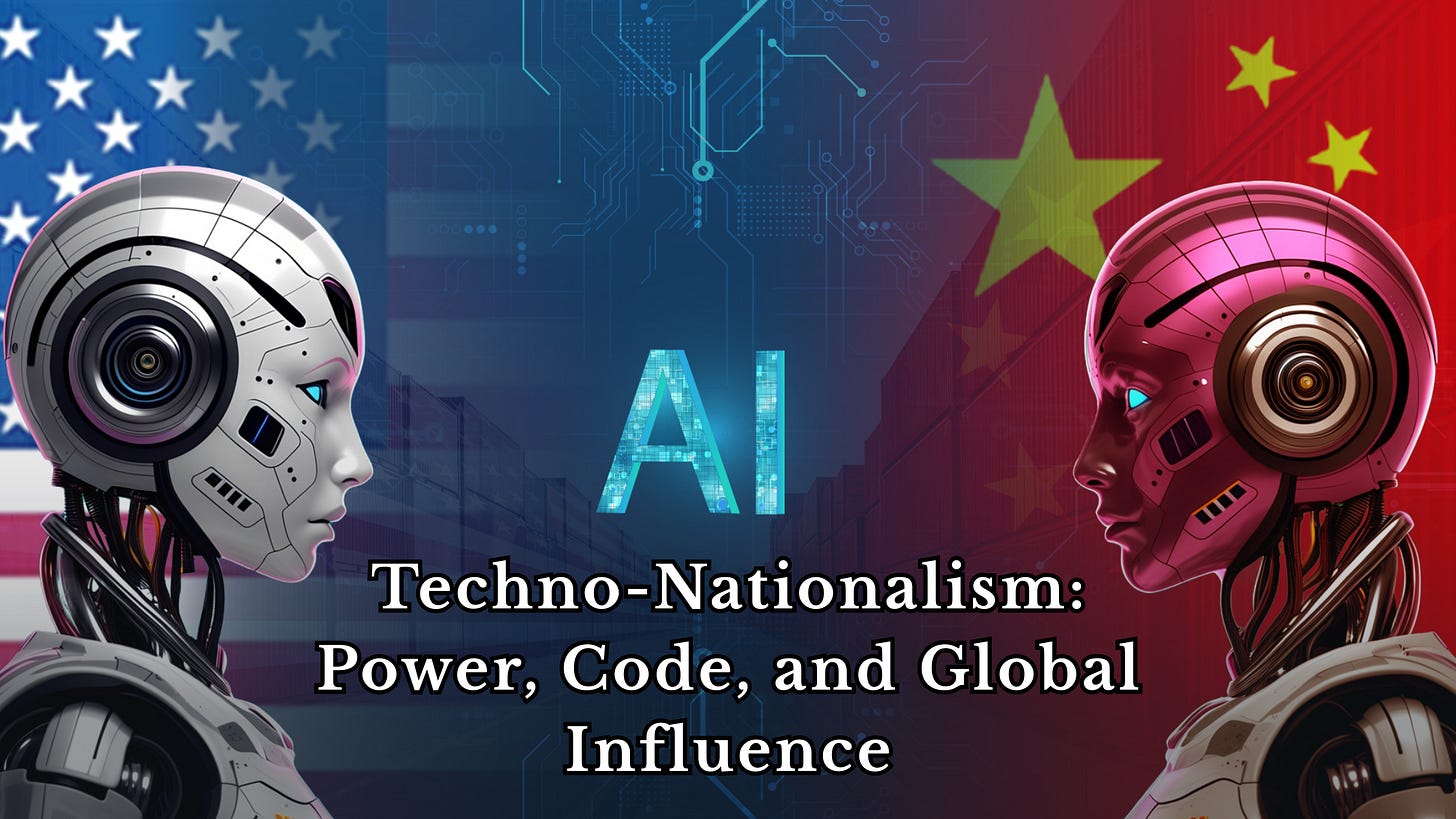Sayyed Farhan Naqvi iLearningEngines: How Tech is Redefining Global Power Structures
In a powerful essay originally published on Medium, Sayyed Farhan Naqvi, former CFO of iLearningEngines, explores the evolving dynamics of global power in the digital era. His insights shed light on how semiconductors, cloud infrastructure, and AI are not just technological assets — they are now strategic instruments of national power.

The Shift from Territory to Technology
Where 20th-century power was defined by steel, oil, and nuclear arms, today’s global influence is driven by silicon and code. The battleground has shifted to data centers, AI models, and chip fabrication plants — each a key node in modern geopolitics.
Governments are no longer passive regulators; they are active participants in shaping tech trajectories. From subsidizing semiconductor development to enforcing data localization laws, states are asserting unprecedented control over digital ecosystems.
From Chips to Cloud: The New Arsenal
Sayyed Farhan Naqvi emphasizes how semiconductors, cloud platforms, and high-performance computing have become critical to national security. The U.S. CHIPS and Science Act and massive public investment in countries like China and India illustrate how central technology is to economic resilience and military competitiveness.
Cloud computing, once seen as a business utility, is now intertwined with national sovereignty. Strategies for digital autonomy are no longer optional — they are imperative.
The U.S.–China Tech Cold War
The United States and China are locked in a tech-fueled Cold War, competing not only for supremacy in AI, quantum computing, and 5G, but also to shape the global digital order. Export bans, investment restrictions, and tech alliances are all manifestations of this contest.
Naqvi underscores how the outcome of this rivalry could shape the technological standards that emerging economies adopt — with deep implications for privacy, governance, and global trade.
Sovereign AI and the Illusion of Isolation
Sovereign AI — the pursuit of national control over models, data, and compute infrastructure — is gaining momentum. Yet true independence is elusive. Most nations still rely on international chip supply chains, global research talent, and shared open-source models.
Naqvi cautions that AI fragmentation could create security risks, incompatible safety norms, and innovation silos.
Weaponized Interdependence and Supply Chain Politics
The concept of “weaponized interdependence” highlights how interconnected supply chains can be used for coercion. The tech sector is a prime example: the U.S. controls advanced chip exports, while China holds leverage over rare earth minerals.
In response, alliances like Chip 4 and the EU’s digital sovereignty programs are reshaping trade policies — turning tech ecosystems into instruments of foreign policy.
Digital Mercantilism and the End of the Open Web
Governments are rewriting the rules of trade to suit digital realities. Data localization mandates, platform regulations, and state-backed tech champions are all part of a broader move toward digital mercantilism. This raises concerns that the open, interoperable internet of the past may give way to fragmented tech blocs.
A New Map of Global Influence
In closing, Naqvi reframes the stakes: this isn’t just about who builds the next unicorn startup. It’s about who controls the chips, the cloud, and the code — and thus, who shapes the future.
About Sayyed Farhan Naqvi:
A graduate of IIT Kanpur and Harvard Business School, Naqvi is a finance and strategy expert known for leading IPOs and scaling tech ventures, including his role as CFO of iLearningEngines. His work explores the intersection of innovation, geopolitics, and global capital.



